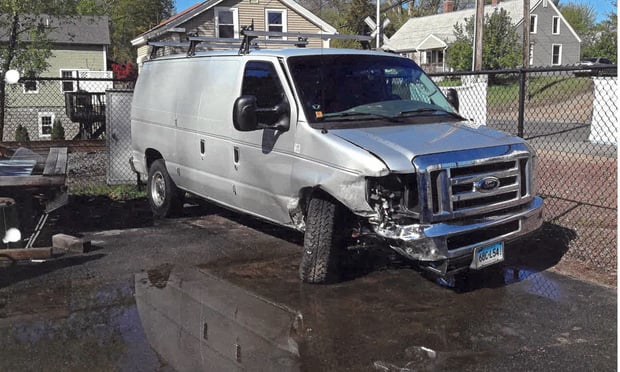A series of car recalls to hit the automotive industry this spring, including investigations of models created by Ford, Chrysler, Chevrolet and Toyota, is unlikely to impact auto manufacturer's insurance rates.
“Recall coverage is available, but it's not widely purchased by any major auto manufacturer,” says Bob Hartwig, president of the Insurance Information Institute (III). “The auto industry has a certain number of recalls every year and risk management procedures to deal with them, so as long as they don't involve an inordinate amount of vehicles or injuries this wouldn't materially influence insurance programs.”
The National Highway Traffic Safety Administration reports around 600 recalls annually, but many of those events never make the news because car makers try to reverse the issues before they become public relations disasters.
“If the fault is fixed before any injuries to customers occur, then [the recall] is unlikely to greatly affect the pricing on any relevant product liability policies,” says Mark Colgate, head of product recall at independent broker R.K. Harrison. “What it may do is further encourage the car manufacturers to push more liability or responsibility on to their parts suppliers to indemnify them for any fault with the products they supply.”
The NHTSA is examining complaints of Ford Super Duty pickup trucks with failed steering gear boxes that led to a loss of steering control. Although the malfunction caused to confirmed injuries, Ford recalled about 340,000 trucks from the year 2008.
Chrysler called for a return of more than 300,000 Jeep Cherokees, Commanders and Wranglers as well as Dodge Ram trucks. The NHTSA found that the Jeeps, produced between 2005- 2010, were prone to an electrical failure that caused the transfer to shift on its own into neutral and allow the vehicles to roll away. The 2013 Dodge Rams received reports of dysfunctional windshield defrosters.
Also in May, around 100,000 Chevrolet Corvettes were the subject of 30 NHTSA complains regarding defective low-beam headlights that endangered night drivers but caused no injuries.
In April, Toyota recalled 1.7 million Corola, Matrix and Tundra models worldwide; last year it recalled 2.5 million vehicles in the U.S. for potential fire risk and went through a $1.1 billion settlement for unintended acceleration in its Lexus cars.
Though recalls due to malfunctions and defects are a risk auto innovators take every year, companies have been known to undervalue human safety in order to protect their bottom lines from the pricey procedure. In the 1970s, for example, Ford came under fire for staying silent about the known deadly trap of its Pinto models: they burst into flame when impacted in an accident.
“Reputation is vital to all car manufacturers and they cannot afford to have any potential products that could cause an injury to a customer to continue to be sold in the marketplace,” says Colgate. “Consequently car manufacturers are likely to recall any faulty product but then try to offset the cost of the recall by pushing the cost of that recall onto the supplier of the defective part.”
Want to continue reading?
Become a Free PropertyCasualty360 Digital Reader
Your access to unlimited PropertyCasualty360 content isn’t changing.
Once you are an ALM digital member, you’ll receive:
- Breaking insurance news and analysis, on-site and via our newsletters and custom alerts
- Weekly Insurance Speak podcast featuring exclusive interviews with industry leaders
- Educational webcasts, white papers, and ebooks from industry thought leaders
- Critical converage of the employee benefits and financial advisory markets on our other ALM sites, BenefitsPRO and ThinkAdvisor
Already have an account? Sign In Now
© 2024 ALM Global, LLC, All Rights Reserved. Request academic re-use from www.copyright.com. All other uses, submit a request to [email protected]. For more information visit Asset & Logo Licensing.








